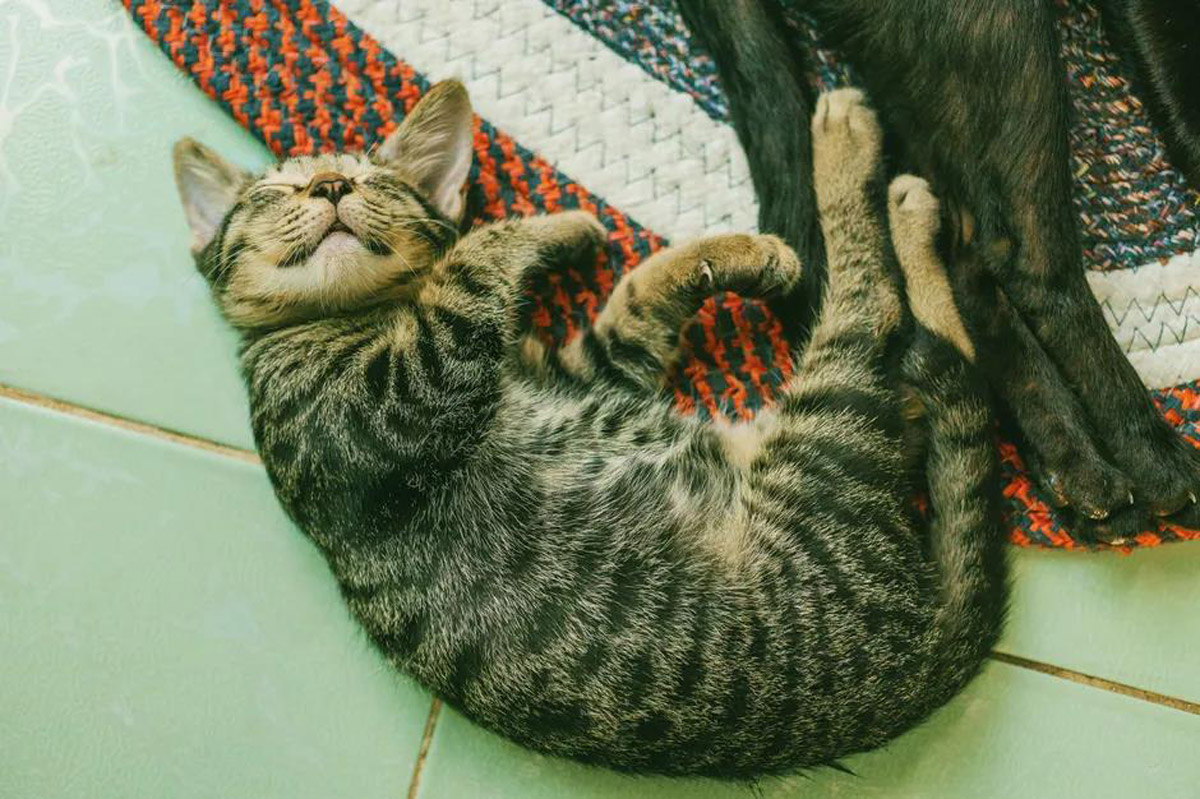Your Pet & COVID-19: Updates for Concerned Owners

Cover image source: Adrianna Calvo on Pexels
The current outbreak of COVID-19 has everyone feeling unsure about the future. Not only about our professional lives, but also about our family’s health, and of course — the well-being of our beloved pets.
Some of the biggest concerns involve cross-infection and contagion, so to ease some nerves and keep you in the loop about the situation, we’ve compiled a list of the most frequently asked questions about pets and COVID-19.
Can your pet get infected with the COVID19?
In the beginning, this possibility was unconfirmed and not proven. However, a small number of pets worldwide, including cats and dogs, have been reported to be infected with SARS-CoV-2, the virus that causes COVID-19, mostly after close contact with people with COVID-19.
These infected pets might get sick or might not exhibit any symptoms at all, and of the pets that have gotten sick, most only had mild illness and fully recovered. Unfortunately, due to limited information available, we’re still unclear which animals can get infected.
Can your pet transmit the virus to humans and vice versa?
The virus that causes COVID-19 spreads mainly from person to person through respiratory droplets from coughing, sneezing, and talking. Currently, there is no evidence that animals play a significant role in spreading the virus that causes COVID-19, and the risk of it happening is considered to be rather low.
However, as we have mentioned before in our recent article, it appears that transmission is possible from human-to-pet in some situations; as seen in the first case on 5th March between a 60-year-old woman and her dog. Recent studies have also reported that infected cats can transmit the virus to their own kind, although there is no conclusive evidence that cats or dogs can transmit the virus to their owners.
What should you do if you own pets?

Since there is a slight risk that people with COVID-19 could spread the virus to animals, it is recommended that pet owners limit their pet’s interaction with people outside their household. On top of that, pet owners should:
- Keep cats indoors when possible and do not let them roam freely outside
- Walk dogs on a leash at least 2 metres away from others
- Avoid public places where a large number of people gather
- Limit contact with public surfaces as much as possible
- Clean your pet’s paws thoroughly as you would after a normal walk pre-COVID with pet-approved disinfecting products.
If your pet starts exhibiting signs of sickness or if you have any queries about your pet’s health, talk to one of the many vets in Singapore for professional medical advice!
How can you protect your pet if you’re sick?
If you are sick with COVID-19 (whether suspected or confirmed by a test), it is best to keep away from your pets, just like you would with people. Have another member of your household care for your pet on your behalf, and avoid contact with your pet as much as possible. This means no petting, snuggling, kissing, sharing food, and sleeping in the same bed!
If you really must care for your pet even when you are sick, make sure to always wear a mask and wash your hands before and after you interact with your pet. Do not take your pet to the veterinary clinic yourself; call your vet and ask for teleconsultations instead.
If you ever feel bad about not being able to see your pet for 2 weeks, pamper them in other ways! Browse the online pet shop and send over their favourite snack to keep them happy, or video call often if you miss them dearly.
What should you do if you suspect that your pet has contracted COVID-19?
Generally, there is a very big chance that your pet doesn’t have Sars-Cov-2. If your pet does display any signs of illness or change in behaviour, however, it is best to take him directly to a vet to test for other medical conditions. While doing so, remember to take all precautionary measures at the vet’s clinic to keep yourself and other people safe!







